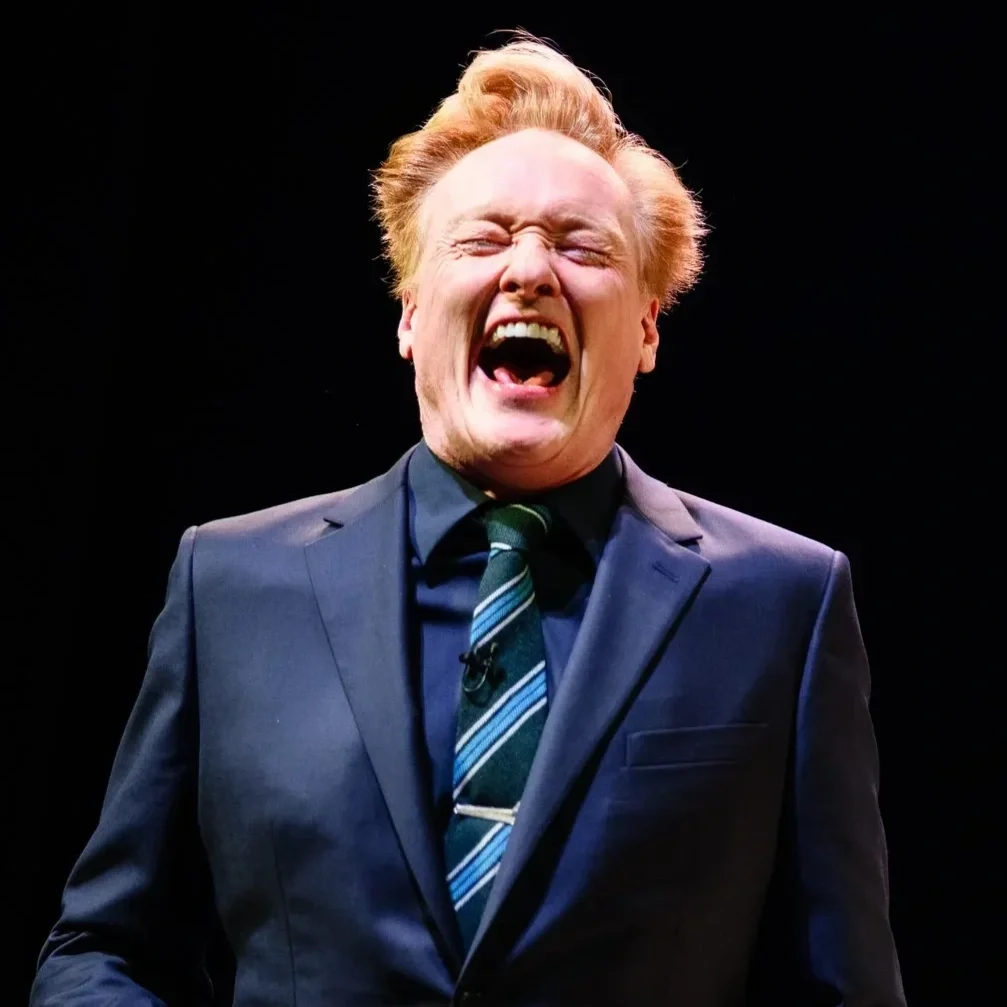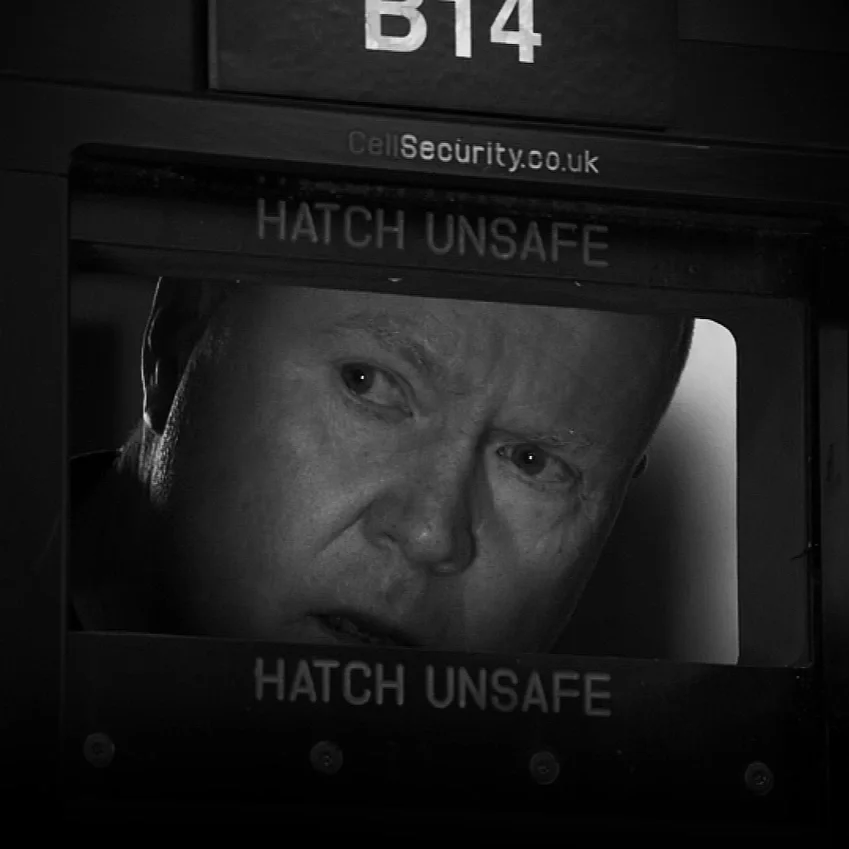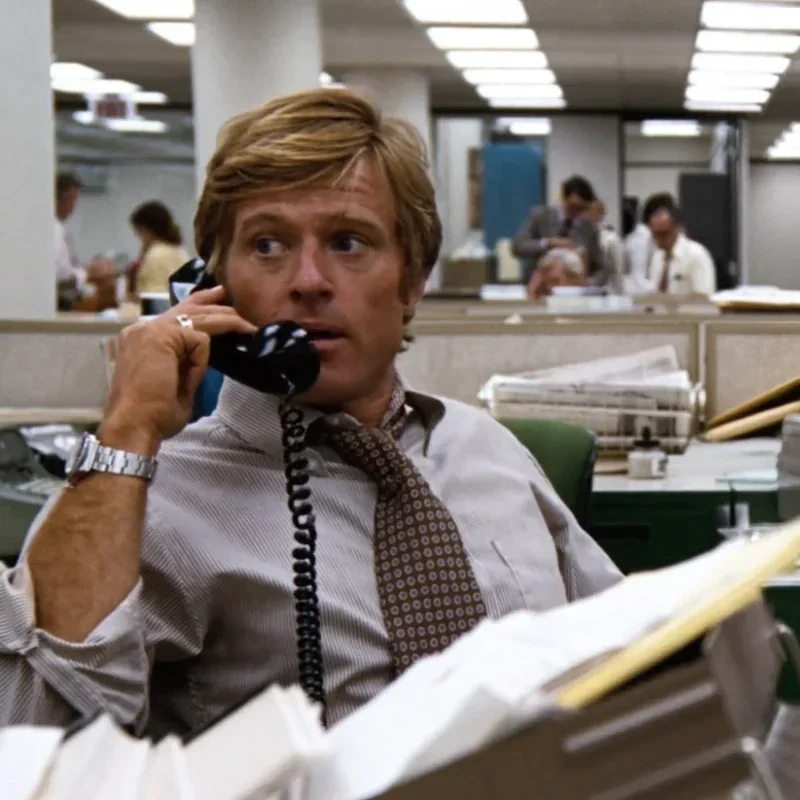Oh Beautiful Son, What Have You Done?
Sons are the fulcrum around which mythology orients itself and makes sense of the world. They act as suppressors, releasers, avengers, miasmic pharmakons, polytropic navigators and national founders. They perform as a literary device that propels epic, tragic and historic narrative forward. They serve to provide often violent resolution, and exemplify ideals of cultural identity. They bear the scars of conquest, self-harm, betrayal, parricide and psychological damage, with their transition from son to father often involving or reconciling loss. Sometimes that loss is cathartic and healing, often it is violent and self-destructive, 'This day will show your birth and will destroy you' (Oedipus Rex, 438). The threshold that separates son and father is lavishly adorned with revenge, emotional abuse, sadness and death.
Being a son is the most direct reflection of myth itself. A son’s actions ask what it is to be human, to make your way between being born, dying, and what lies forever beyond.
Depictions of sons in myth range from the cosmological and heavenly, to the uncomfortably intimate, and culminate in emergent constructs of the national. But the framework of genealogy acts as a great equalizer across cultures, transcending relationships between Gods and men. Mortal sons often exhibit immortal, enduring, heroic traits that transcend lineage, but they are not without their inherent, fatal flaws. The sons who represent the crackling intersections between Gods and men become mythologized and father great nations.
We often think of one of the original sons, Kronos, as the child devouring father, forever embroiled in theomachy. First with his parents, and then with his children. In making sense of the heavens through the framework of a son’s genealogy, Hesiod draws connections between abstract forces, individual divinities, and the fatalistic mechanics of the universe.
But if we explicitly read Kronos’ actions as a son, independently of those as a father, it is possible to mount a defense of Gaia’s son. Ouranos, in suppressing creative production in Gaia, attempts to protect the world from what may result in being released from within her. He is actively, deliberately, holding back human progress, and anthropomorphosizes the Freudian repression barrier, underneath which percolates the increasing pressure of unsanctioned, untethered creative pursuit. As this pressure builds, the illicit desire to produce causes Gaia to enlist Kronos to release creativity into the world, and not just burst the barrier enforced nightly by Ouranos, but to neuter and destroy it completely. Kronos complies with extreme prejudice, "Mother, I would undertake this task and accomplish it - I am not afraid of our unspeakable father." (Theogony, 173-174)
Kronos, in castrating his father, removes that barrier as an act of generosity to the world, at the explicit request of his mother. But in doing so, he inadvertently unleashes the creative ills of “hateful doom and dark fate and death” (Theogony, 211), painful misery and the wrathful blood justice of the Eumenides. Ouranos had been suppressing these illicit forces, and shielding the world from the evils contained within Gaia. Kronos’ act of maternal protection also sets in motion the events that lead to his suppressed devouring of the fatalistic threat from his own sons, where Gaia’s affiliations grow increasingly inconsistent. Instead of repressed creativity as an internal female construct, it’s external patricidal threat. Hesiod aligns with a son, Zeus, and demonizes Kronos for his actions, "After them the youngest was born, crooked-schemer Kronos, most fearsome of children, who loathed his lusty father" (Theogony 136-138). But if we isolate Kronos the son from Kronos the father, we understand that his actions towards the universe are predicated on protection, generosity and the gift of creativity to the world.
Moving from the cosmic to the intimate, sons also operate along a structuralist spectrum of infection and antibody. We see the former most acutely in Oedipus, the miasmic pollution inside of Thebes. The savior turned cancer, who believes he is the promise of cure, but who is precluded from true cultural vaccination through his own hamartia, willful blindness. His confused interpretation of what it means to be a son, indeed whose son he even is, leads to patricide, incest, and the self-harm, suicide-stricken downfall that becomes him. "He shall be proved father and brother both to his own children in his house; to her that gave him birth, a son and husband both" (Oedipus Rex 458-460). He is abandoned as a son, recovered as a son, embraced as a son and undone as a son. The scars of his abandonment as an unwanted son cripple him emotionally and physically, and are an eternal reminder of who he is not. "Your ankles should be witnesses” says the messenger. “Why do you speak of that old pain? … My swaddling clothes brought me a rare disgrace” (Oedipus Rex, 1032-1033, 1035). Oedipus does indeed cleanse Thebes, but of himself and at catastrophic personal cost. The loss of his eyesight, his station in life, and both his wife and mother.
In contrast, Orestes is a son who acts as an inter-generational pharmakon inside the miasmic House of Atreus. The origin of which was itself a transgression against a son, Pelops. If Oedipus is the savior turned cancer, then Orestes is the avenger turned cure. He commits the blood crime of matricide, but it’s an act of transfusion. Like Gaia encouraging Kronos, Apollo guides Orestes to not only kill Aegisthus, but to exorcise the mariticidal actions of Clytemnestra. Orestes, like Oedipus, cleanses his house, "I have been beaten and been taught, I understand the many rules of absolution" (The Eumenides, 276-277), but without personal loss, and with the gains of curing Athens of the traditional means of justice predicated on wrath against blood crimes. This decisive blueprint for sons serves as the actionable guidance Telemachus receives from Athena and Nestor on his path to maturity in The Odyssey.
If Oedipus serves as pollution, then Orestes balances a structuralist binary as medicament. Oedipus is the son as virus, Orestes is the son as vaccine. Where they intersect and propel their respective narratives forward is through their discovery and understanding of what it means to be a son, what it means to commit but also wash away a blood crime, "the stain of blood dulls now and fades upon my hand. My blot of matricide is being washed away” (The Eumenides, 280-281), and ultimately, how to cleanse their houses and resolve their family’s unrest.
Sons are also used as a functionalist device for constructing and legitimating ideas of national identity in Homer and Vergil. Homer uses the nostos of the Son of Ithaca, Odysseus, to make sense of the world through the definition of lineage during his journey to the Underworld in Book 11 of The Odyssey. As Odysseus meets the heroes and protagonists of the past, they are defined by their lineage, whose son they are. “I saw Tityus, the son of Gaia, stretched out nine miles” (The Odyssey, 11.577-578). This deep, mythic orientation towards the past legitimates a national concept of Greekness predicated upon legacy, and power passing from fathers to sons over time but looking back historically. Achilles, now long dead, enquires after his son’s power and standing in the world, "Tell me about my son. Do you have news? Did he march off to war to be a leader?" (The Odyssey 11.492-493). Odysseus confirms the fearlessness and rage of Neoptolemus, and "Achilles’ ghost took great swift-footed strides across the fields of asphodel, delighted to have heard about the glorious prowess of his son” (The Odyssey, 11.538-541). A son’s legacy fulfilled.
Like Oedipus, for Odysseus this nostalgia is physically manifest in the scar he uses to identify himself to Laertes, Penelope and Eurycleia. It is an essential, painful part of his past, but also defines who he is as a son, and grandson. It’s a son’s pain as memory, but also trophy. It is also sons (of Autolycus) who save Odysseus’ life after he is gored by the boar who gifts him the scar. Linguistically compounding the homecoming elements of nostos, with the pain of algos, nostalgia doesn’t just describe Odysseus’ journey back to Ithaca, but how closely it’s interwoven with loss. He arrives home having experienced the loss of his crew, the loss of his home, and his loss of place in the world. He spends the remainder of the epic reclaiming his identity, and the scar is a critical component of his return.
But if lineage in Homer legitimates the transfer of power from father to son in Greek national identity, Vergil shows us another path of son as national founder in Aeneus.
If Odysseus’s journey to the Underworld helps us make sense of the world through sons as history, Aeneus’s time there legitimates a concept of Roman national identity based on predetermination and fate. Aeneus is shown the destiny of his future lineage and the birth of Rome by his father, Anchises, so beginning his transition from Son of Troy to Father Aeneus of Rome, "Hear now what fame henceforward shall attend the Dardan race … This will I show you, and your own fates foretell" (The Aeneid, 6.944-945, 6.948). His future is laid out ahead of him, where he has sons of his own, who in turn become the nation’s fathers themselves. His future is tightly intertwined with the future of Rome, with a direct path to “Augustus Caesar, of a race divine. The golden age in Latium he shall bring again" (The Aeneid, 6.990-991). Vergil, like Homer, is legitimating the role of hereditary order and the inheritance of power in Roman culture. It passes through and between sons.
Whereas The Odyssey legitimates a sense of Greek identity based on legacy, The Aeneid looks forward and legitimates cultural identity propelled by destiny. The fulcrum of both approaches tilts between the parallel nostoi of the Son of Ithaca and the eventual Father of Rome.
If Kronos represents the cosmological release of creativity and production through violence towards his father, Oedipus and Orestes illustrate a strong binary of virus and vaccine based on their respective understandings of their duty as sons, with Odysseus and Aeneus making sense of what it means to be a son of a nation, infused with differing concepts of lineage through legacy and destiny.
In making their way between being born and eternity in the underworld, mythological sons represent physical and psychological protection, but also offer extreme danger. "Easy the way down to Avernus; night and day the gates of Dis stand open" (The Aeneid, 6.161-163). But all of them exemplify the traits of what it means to be a hero. They suffer, they endure, and their divergent paths towards fatherhood, either personal, cultural or national, are hard won through lived experience. To thrive as a son is to bear the scars of the past, to embrace the destiny of the future, and ultimately to understand and anthropomorphize the algos of what it is to be mortal.




































